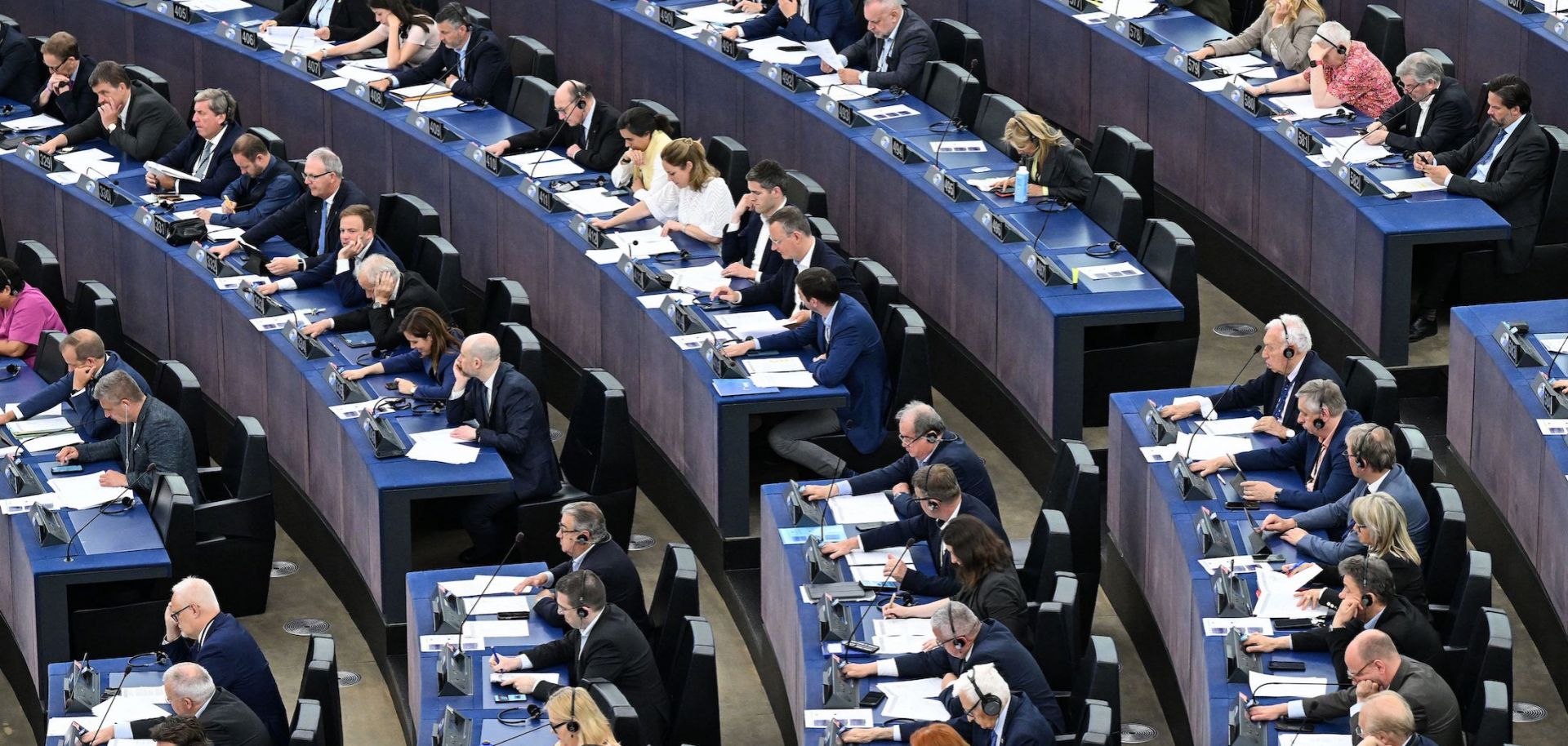The EU's Artificial Intelligence Act will bolster the European Union's dominance as a regulatory heavyweight in emerging technologies but will likely face enforcement challenges, and its stringent stipulations will likely stymie AI innovation and use within the bloc. Following several days of discussions, European Union (EU) policymakers reached a provisional agreement on the Artificial Intelligence (AI) Act on Dec. 8, greenlighting the sweeping new legislative framework expected to be approved during the spring 2024 EU parliamentary legislative session. Under the agreement, all AI systems will have to comply with new transparency and reporting requirements, including risk assessments and public disclosures around AI training and implementation procedures. EU lawmakers also reached an agreement to regulate foundation models -- the AI systems that underpin services like chatbots -- one of the most contentious topics on the table during deliberations. The new rules, however, gave broad exceptions for open-source foundation models (those developed...

